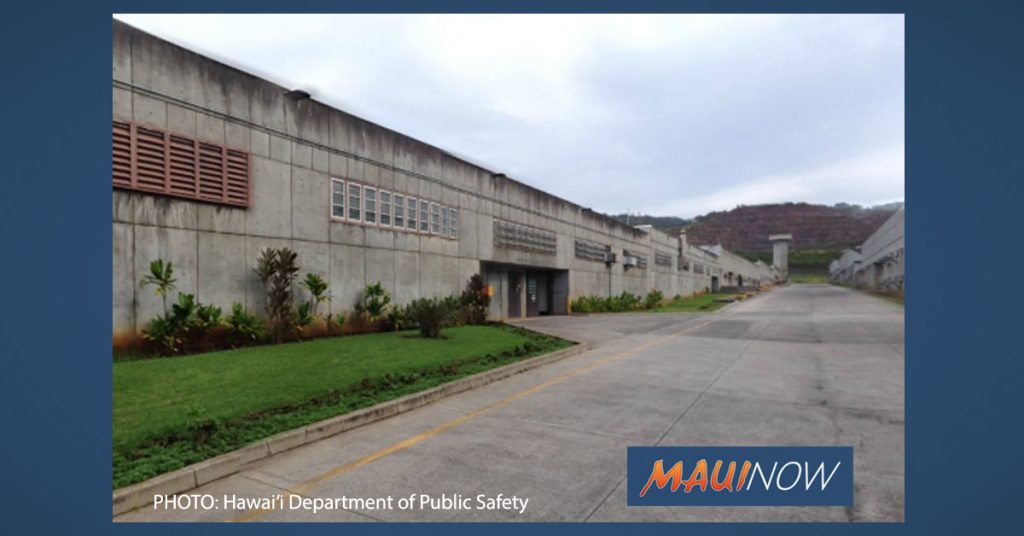Bill Reintroduced to Improve Compassionate Release Following COVID-19 Outbreaks in Prisons

US Senator Brian Schatz (D-Hawai‘i) today reintroduced legislation that would accelerate the Bureau of Prisons’ approval process for compassionate release during a public health emergency.
Authorized under the Sentencing Reform Act of 1984, which also eliminated parole for federal prisoners, compassionate release gives people incarcerated in federal prisons an opportunity to appeal for early release for “extraordinary and compelling” reasons, including advanced age and terminal illness.

“People who are eligible for compassionate release are the most vulnerable to public health emergencies like COVID-19, and they are needlessly being put at risk because the process takes too long,” said Sen. Schatz. “Our bill will help speed up the approval process so that sick and elderly who qualify for compassionate release get it.”
“Prisons are designed to house people in tight quarters, making social distancing impossible, which can cause infectious diseases, such as COVID-19, to spread easily and quickly. While this is concerning for prison populations, broader communities around prisons are also put at risk as correctional officers and medical staff return home from work every day to their families and local communities,” according to bill backers.
Over the course of the pandemic, more than 49,000 people in the federal prison system were infected with COVID-19, and 256 died (as of June 11, 2021). At the same time, nearly 31,000 people sought compassionate release, according to BOP’s response to a letter Senator Schatz wrote requesting data on compassionate release.
Here in Hawaiʻi, there are 78 active COVID-19 infections among inmates at the Hawaiʻi Community Correctional Center in Hilo on Hawaiʻi Island. The largest outbreak in Hawaiʻi occurred at the Hālawa Correctional Facility on Oʻahu where 546 inmates tested positive. There are no longer any active cases there. Maui also had an outbreak which affected an estimated 98 inmates, who have since recovered.

BOP approved only 36 requests. By contrast, 3,221 people were granted compassionate release by federal judges through the GRACE Act provision of the First Step Act, which streamlined federal compassionate release. In 2020, nearly all of the compassionate release motions were granted by federal judges, according to a recent report from the US Sentencing Commission.
The Emergency GRACE Act would:
- Allow an individual to petition the federal court directly during a public health emergency, rather than wait for BOP to act within 30 days (which the GRACE Act created for compassionate release);
- Direct BOP to identify compassionate release cases, and to release relevant medical records to individuals, their lawyers, and the court;
- Create a presumption of a sentence reduction for compassionate release cases;
- Allow the court to provide counsel for individuals without representation;
- Create a process for temporary supervised release, furlough, or transfer;
- Allow an individual to access Medicaid up to 30 days of their release, ensuring that they will be able to sign up for and have access to healthcare coverage post-release;
- Direct BOP to improve their testing of all incarcerated people and staff, limit the spread of the coronavirus, and release relevant information to attorneys and families; and
- Provide $50 million for state prison systems through the Byrne-JAG program to increase state prison testing and use of compassionate release or elderly/medical parole.
Companion legislation is being introduced in the House of Representatives by US Representative Madeleine Dean (D-Pa.).
Schatz authored the original bipartisan GRACE Act, which streamlined the compassionate release process. It was signed into law in 2018.





_1768613517521.webp)

